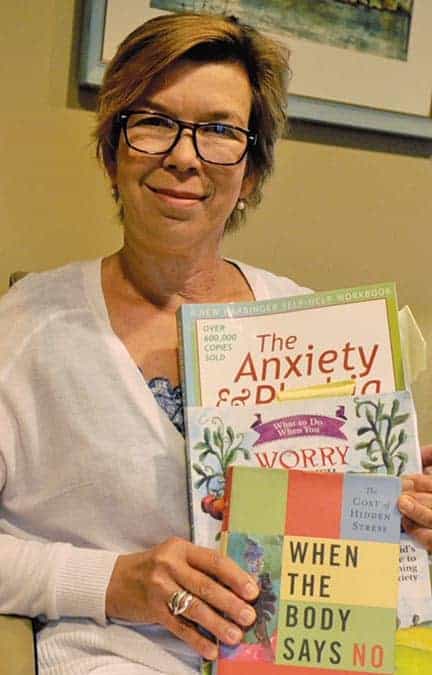;
;
;
Next Article
Running the race only part of the marathon

We often associate stress with the workplace, but researchers are discovering more often now we’re finding our stress levels rising at home instead. The Canadian Institutes of Health Research is studying why that is and how we can make home and work, a little more peaceful. Dr. Scott Schieman, a CIH
Last updated on May 04, 23
Posted on Jul 11, 14
4 min read
